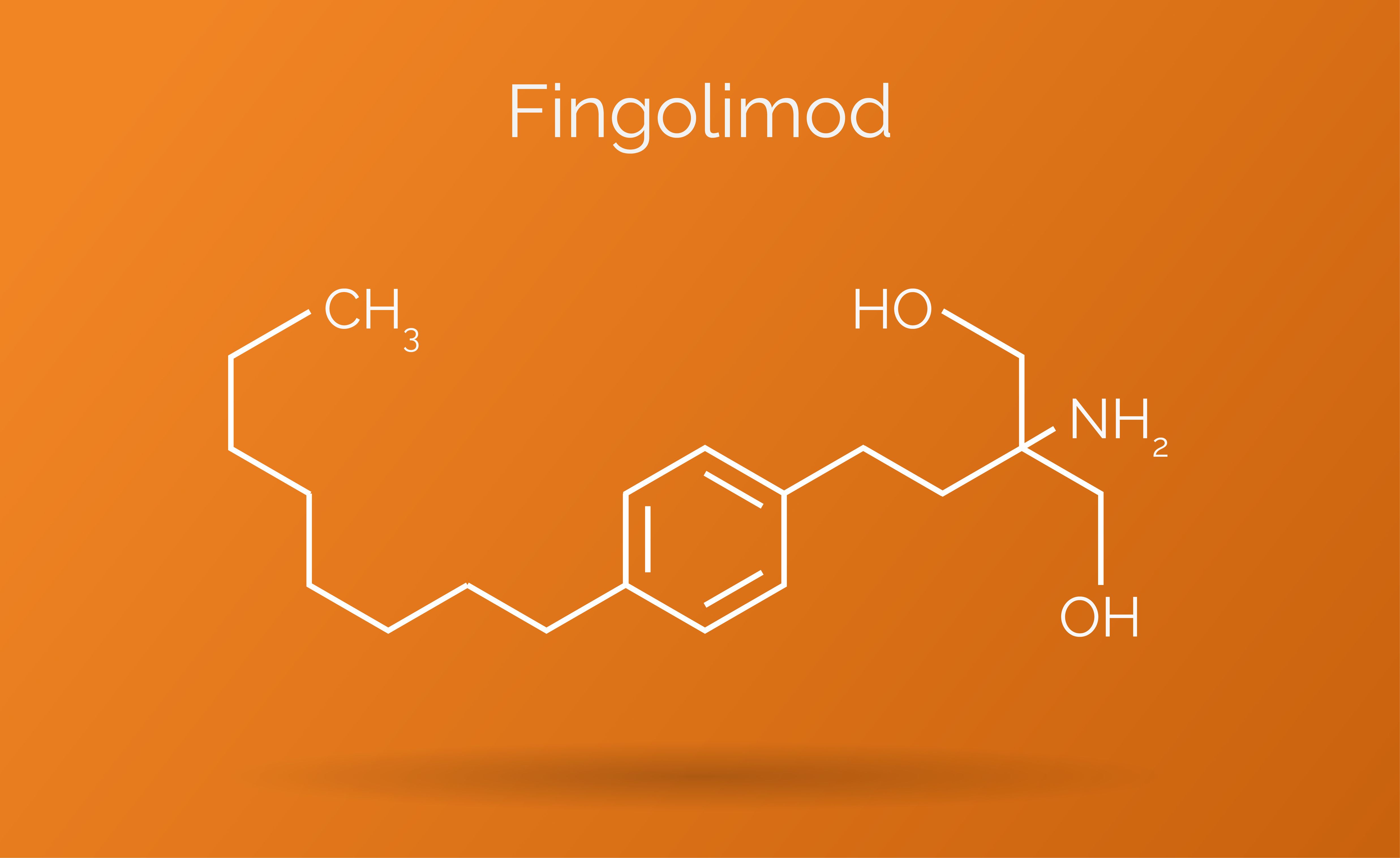Headline: Persistent Heart Rate Slowing Linked to Fingolimod in MS Patients
Patients with preexisting parasympathetic predominance are showing prolonged heart rate slowing after starting fingolimod (Gilenya) therapy for relapsing/remitting multiple sclerosis (RRMS), according to a recent study published in Clinical Autonomic Research. While fingolimod is generally associated with a transient decrease in heart rate and blood pressure, this investigation reveals significant insights into the lasting implications for certain patients.
Understanding Fingolimod Therapy
Fingolimod, developed by Novartis, is a sphingosine-1-phosphate (S1P) receptor modulator commonly used to treat RRMS. Patients initiating this therapy often experience a heart rate decline of 10 to 15 beats per minute, typically resolving within 24 hours. The vagomimetic and vasodilating properties of fingolimod lead to both negative chronotropic (reducing heart rate) and dromotropic (slowing conduction velocity) effects.
However, this new research indicates that for some patients, particularly those with underlying autonomic dysfunction, these effects may persist far longer than expected.
The Study’s Findings
The study involved 34 patients diagnosed with RRMS, examining their autonomic function before and after the initiation of fingolimod therapy. Researchers measured heart rate variability and blood pressure both at rest and upon standing. Their findings highlighted a concerning detail: although all participants improved after six hours, 11 out of the 34 patients experienced prolonged bradycardia.
Specifically, these patients retained lower heart rates after six months, despite others returning to their pre-treatment values. According to the authors, "[t]he current study seems to be the first to show that patients with RRMS and enduring heart rate slowing during long-term fingolimod treatment have a preexisting, autonomic dysfunction."
The Role of Autonomic Dysfunction
The 2014 research referenced in this study established a crucial link between increased parasympathetic function and bradycardia following the initiation of fingolimod. The recent paper sheds light on how preexisting autonomic misregulation might predispose certain patients to prolonged heart rate decline.
As the study’s authors explained, these results not only reaffirm previous assumptions but also introduce an essential awareness regarding the cardiovascular implications of fingolimod treatment in vulnerable populations.
Clinical Implications
While the study found that the clinical effects of prolonged heart rate slowing were minimal, the authors emphasized the importance of autonomic testing prior to the initiation of disease-modifying therapies. This could help identify patients at an increased risk of cardiovascular complications when using S1P receptor modulators.
Although the investigators found that prolonged heart rate changes did not lead to significant health issues in their patient cohort, they argue that ongoing research is needed. They assert that understanding various parameters associated with cardiovascular risks when prescribing these medications is crucial.
Call for Further Research
The researchers concluded their findings with a call to action for the scientific community, highlighting the necessity for additional studies to explore potential connection points between preexisting autonomic dysfunction and cardiovascular risks during fingolimod therapy. Their study adds a valuable perspective to the growing body of literature aimed at optimizing treatment strategies for RRMS patients.
As this research raises crucial considerations for both healthcare providers and patients alike, the dialogue surrounding the autonomic implications of fingolimod is bound to continue. The intersection of multiple sclerosis treatment and cardiovascular health offers fertile ground for future investigation.
What are your thoughts on these findings? Have you or someone you know experienced similar heart rate issues while on fingolimod? Share your insights and engage with us in the comments section below!
References:
- Hilz MJ, Canavese F, et al. "Pre-existing parasympathetic dominance seems to cause persistent heart rate slowing after 6 months of fingolimod treatment in patients with multiple sclerosis." Clin Auton Res. Published online October 9, 2024.
- Rossi S, Rocchi C, et al. "The autonomic balance predicts cardiac responses after the first dose of fingolimod." Mult Scler. 2015;21(2):206-216.
For more information on related topics, check out our articles on the latest advancements in technology impacting healthcare and patient treatment strategies.


